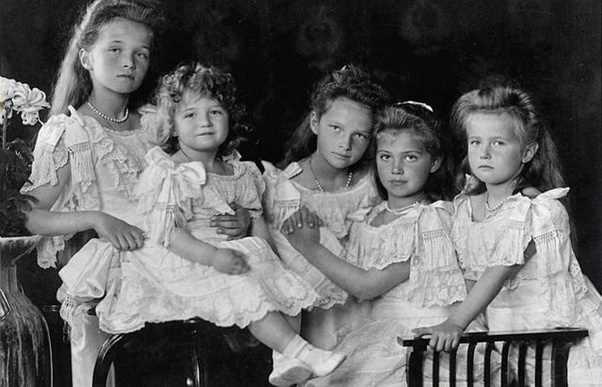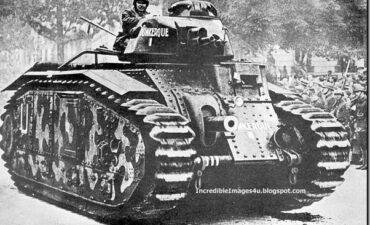Did Tsar Nicolas II deserve his fate during the Russian Revolution of 1917? The fate of Tsar Nicholas II during the Russian Revolution of 1917 is a complex and deeply debated topic among historians. Whether he “deserved” his fate depends on various perspectives, including those of historical context, moral judgment, and political analysis. Here are some points to consider:
Historical Context
Autocratic Rule: Nicholas II’s reign was marked by autocratic governance, resistance to political reforms, and a disconnect with the needs and aspirations of his people. His inability to address the social and economic issues facing Russia contributed to widespread discontent.
Economic and Social Conditions: Russia faced severe economic hardship, food shortages, and military failures, especially during World War I. These conditions fueled revolutionary sentiments among the populace.
Political Analysis
Ineffective Leadership: Nicholas II is often criticized for his poor leadership, particularly during the Russo-Japanese War and World War I. His decisions weakened Russia militarily and economically.
Resistance to Reform: Despite the 1905 Revolution and the establishment of the Duma (parliament), Nicholas II maintained significant autocratic powers and resisted meaningful reforms, which alienated many and failed to stabilize the country.
Moral Judgment
Personal Responsibility: While Nicholas II made decisions that contributed to his downfall, the extent to which he personally deserved his fate is subjective. His execution, along with his family, was a tragic and brutal end.
Revolutionary Justice: From the perspective of the revolutionaries, Nicholas II symbolized an oppressive regime. His execution was seen as necessary to prevent any potential restoration of the monarchy and to signify the end of the old order.
Broader Implications
Historical Consequences: The fall of the Romanovs paved the way for the Bolsheviks to take power, leading to significant changes in Russian society and politics. The debate over Nicholas II’s fate often ties into larger discussions about the merits and failures of the Soviet regime.
In conclusion, whether Tsar Nicholas II deserved his fate depends on one’s viewpoint. From a revolutionary perspective, his removal and execution were seen as justified actions against a failed and oppressive ruler. From a humanitarian perspective, the brutality of his end and the killing of his entire family can be viewed as an unjust and tragic act.








